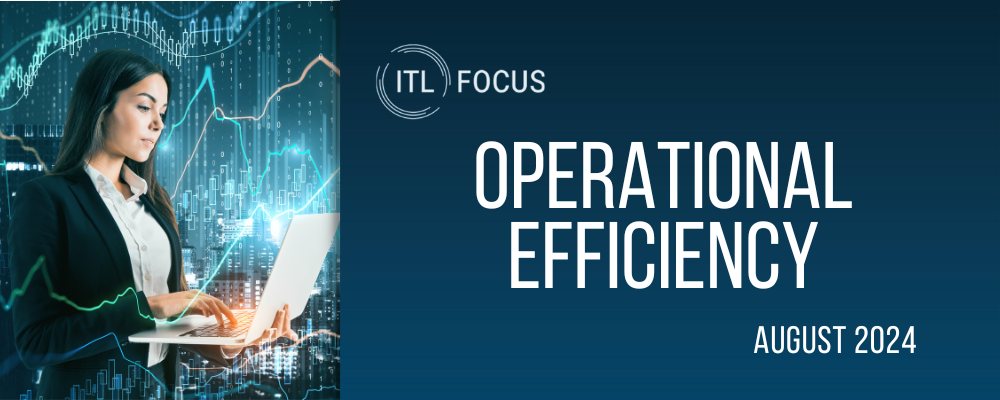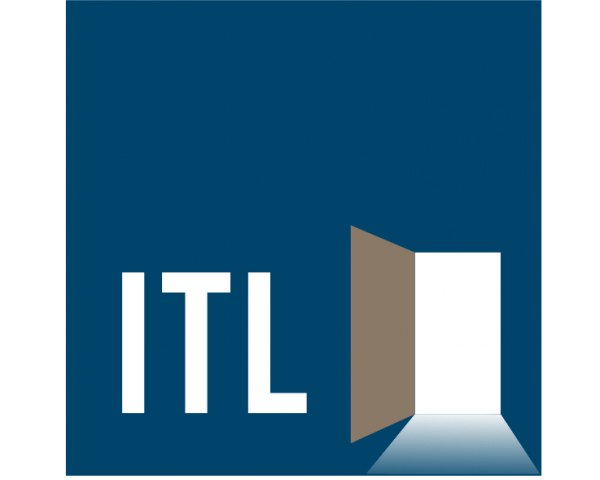Discussions on operations and strategy tend to happen separately. First, you figure out the strategy. Then you decide how to turn the strategy into a budget and operationalize it. But what if you can gain a strategic advantage by consistently improving your operational efficiency faster than your competitors do? Wouldn’t that change the nature of the discussions? McKinsey did some extensive research for a book, “Strategy Beyond the Hockey Stick,” several years ago that found that operational efficiency was, in fact, one of the key strategic levers available to a business. And insurance has long struck me as a wildly inefficient industry, with all its paper forms, checks and even fax machines. The industry has made a ton of progress in the dozen years I’ve been involved with ITL, but I don’t think anyone would argue that the journey is anywhere close to the finish line. So for this month’s interview I turned to Paul Leinwand, a partner at PwC with whom I’ve had the pleasure of working on a couple of projects, knowing that he has a somewhat different take on operational efficiency. The short version has two main points. First, don’t just cut costs when the market turns against you. Always be cutting costs. Second, don’t cut costs across the board. While costs are seen as a negative, they’re actually investments. Your job as senior managers is to make the best investments possible, and you won’t do that if you tell every department to take a 10% haircut. You have to be discriminating—which means the end of the normal approach: last year’s number plus or minus a couple of percent. “Cost is actually the precious investment we make in the most important things we can do to drive growth,” Paul says. “We really believe that taking costs out as an independent cost exercise often leaves companies weaker. You're just managing costs down rather than fundamentally thinking, Where does the investment need to go in the business?” He adds, “If every year we're just doing plus or minus, our budgets are largely representations of the world of maybe 10 years ago and cannot possibly be the right allocation of cost, given today's priorities.” In the interview, he goes into detail on the four different kinds of costs and how to think about each differently, as well as how to connect those costs to the ultimate goal: growth. I think you’ll enjoy it. Cheers, Paul | 
